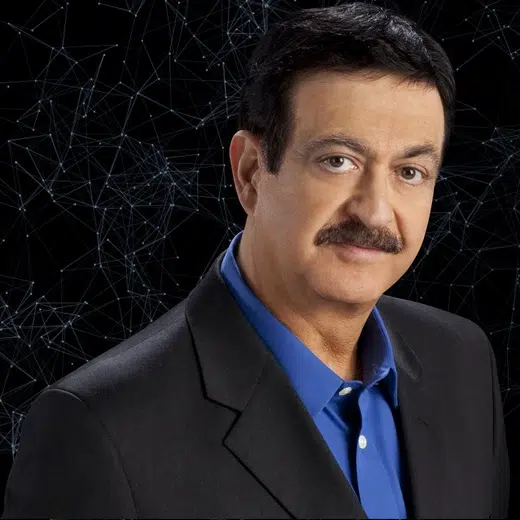By Anna Mehler Paperny
TORONTO (Reuters) – If Hardeep Singh Nijjar were alive, he and his friend Moninder Singh would probably be chatting in a backyard over milkshakes.
But he is not. The Canadian Sikh leader was gunned down almost a year ago in British Columbia.
Moninder Singh lost his friend of 15 years last June outside a Sikh temple in Surrey, a Vancouver suburb with a large Sikh population.
The 45-year-old’s death rocked Canada’s Sikh community. A few months later, Prime Minister Justin Trudeau triggered a diplomatic crisis with New Delhi when he cited evidence of Indian government involvement in Nijjar’s death.
On Friday, the Royal Canadian Mounted Police laid murder charges against three Indian men in connection with Nijjar’s death and said they were probing possible ties to the Indian government.
The Indian mission in Ottawa did not respond to requests for comment.
The arrests are “bittersweet,” Moninder Singh told Reuters Friday afternoon.
“It’s a relief that the investigation is moving forward. At the same time, it’s still raising a lot of questions,” said Singh, a spokesperson for the B.C. Gurdwaras Council.
Nijjar was a Canadian citizen campaigning for the creation of Khalistan, an independent Sikh homeland carved out of India. The presence of Sikh separatist groups in Canada has long frustrated New Delhi, which had labeled Nijjar a “terrorist” in 2020.
As Canada scrutinizes foreign interference in its elections, Singh called for a separate inquiry focusing solely on Indian interference in Canadian affairs.
He and other Sikh Canadian leaders told Reuters Canada has taken Indian interference more seriously since Nijjar’s death.
“I think that Canada has been soft on Indian interference for the past four decades. The Canadian Sikh community has had to bear the brunt of it,” said Balpreet Singh, legal counsel for the World Sikh Organization.
But Nijjar’s death represents “the undermining of (Canada’s) sovereignty at a very, very different level,” Moninder Singh said.
Nijjar is missed on a community, a family and a personal level, his friend said.
“He was such a strong leader, and a strong voice … I’ve mistakenly called him since he passed away and sent him messages and it takes me a second to realize what I’ve done.”
But Nijjar would not want his community to live in fear, Singh said.
“His death has brought about such huge momentum to galvanize the community,” he said.
“I think his expectation is, don’t let them strike fear into you.”
(Reporting by Anna Mehler Paperny; Editing by Kim Coghill)





Comments